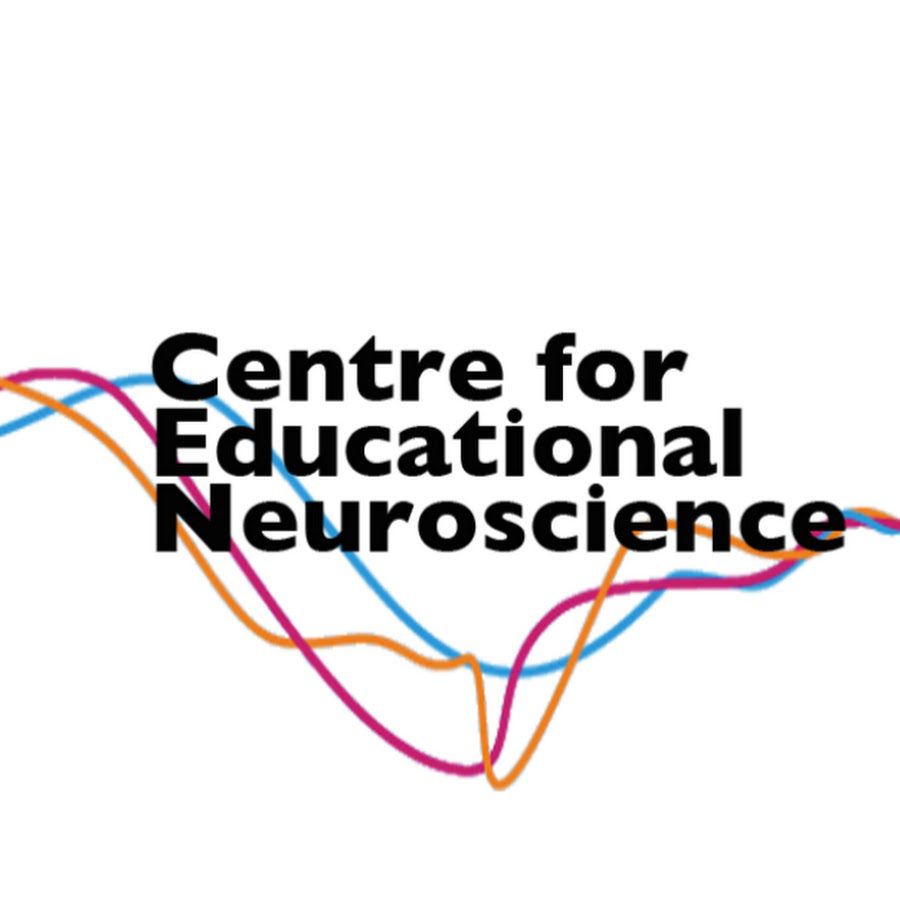Early cognitive development, a substantial predictor of future success in mathematical education and career choices, encompasses complex mechanisms that warrant examination as a whole, rather than in isolation. Notably, affective mechanisms, vital in identifying and interpreting threat and challenge, evolve in conjunction with executive abilities during crucial early childhood stages, laying the groundwork for subsequent mathematical achievement and career options (Posner & Rothbart, 2007). Maths anxiety (MA), characterised by apprehension concerning mathematics, frequently impedes mathematical development (Gunderson et al., 2018), and notably influences cognitive, emotional, physiological, and behavioural responses (Daker et al., 2023). Although some evidence supports that ability results from practice and performance, such a perspective overlooks essential underlying mechanisms which influence the cultivation and retention of these abilities through a developmental lens. Therefore, it is imperative to explore the foundational mechanisms of MA, early affective processes, their impact on executive function (EF), and potential future roles in enhancing resilience against mathematics anxiety. Previous research has attempted to measure maths-related affect in children through designed questionnaires; however, we highlight the limitations these present, particularly in terms of age and generalisability. In this talk, I will present a newly designed Child Affect Questionnaire (CAQ) for preschool children to address measure shortcomings. The CAQ is adaptable to older children and provides a culturally neutral structure, placing it as a great tool for longitudinal and international use. We also examined the ability of preschool-aged children to self-report on domain-specific constructs and general concepts, as well as the correlation between their reports, EF, and numeracy performance. In this talk, I will further elaborate on additional validation studies of the CAQ and how behaviourally reported affect might bring us further in understand underlying mechanistic approaches to mathematical development. I will expand on the support of implicit measures such as ECG and EEG alongside the CAQ to further understand neurophysiological underpinnings of the influence of affect on learning and development.
This talk is part of a webinar series from the Centre for Educational Neuroscience at UCL, Birkbeck University and the UCL IoE. You can register here to receive weekly updates about the seminar series.
Further information on this event to be added when it becomes available from the Centre for Educational Neuroscience.

